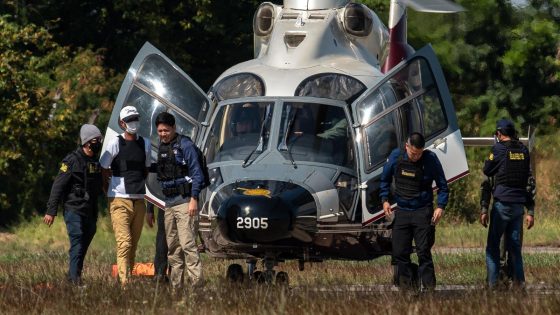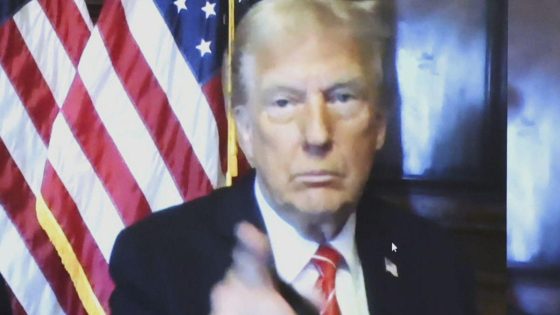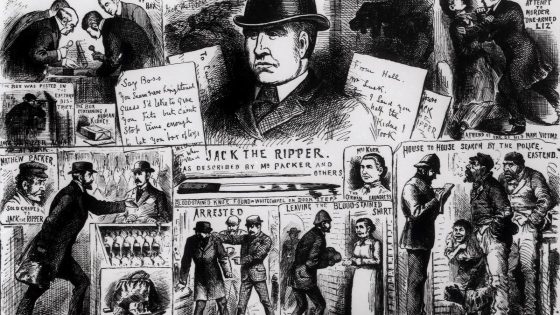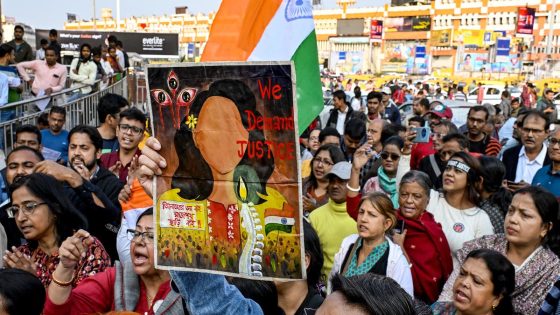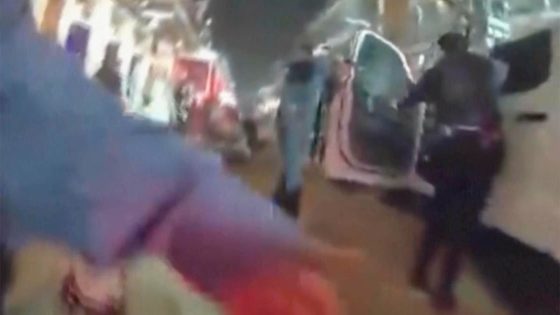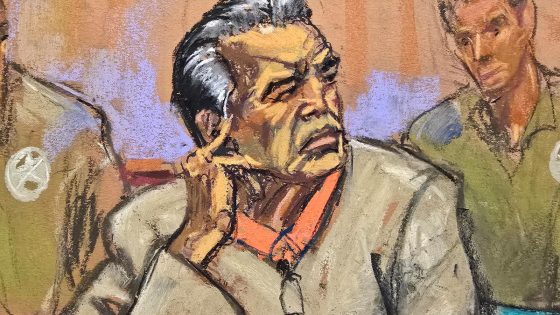On January 7, 2025, the streets of Bangkok reverberated with the echoes of tragedy as Lim Kimya, a former Cambodian opposition lawmaker, was gunned down in broad daylight. The shooting occurred as he arrived at the city’s bustling bus terminal, accompanied by his French wife, marking a chilling escalation in a pattern of violence that has plagued Cambodian politics.
- Thai man confesses to murder over debt.
- Former Cambodian lawmaker Lim Kimya shot dead.
- Accusations against Hun Sen denied by authorities.
- Ekkalak Paenoi extradited from Cambodia to Thailand.
- Police pursue Cambodian accomplice in investigation.
- Cambodia National Rescue Party condemns assassination.
Ekkalak Paenoi, a Thai man with a troubled past, confessed via livestream shortly after his arrest, saying he committed the crime to repay a debt of gratitude to someone who had once helped him. “The shooter said he took this job to pay a debt of gratitude to someone who had helped him during a tough period after he was sacked from the navy,” explained Attaporn Wongsiripreeda, a senior police official. Ekkalak, reportedly a former marine, was detained in Cambodia before being extradited back to Thailand, where he now faces charges of premeditated murder and unauthorized gun ownership.
Authorities indicated that the motive behind the assassination could be linked to Cambodia’s tumultuous political climate, where opposing voices often find themselves in grave danger. Lim Kimya had been critical of the Cambodian government, frequently airing grievances about the misuse of state funds on platforms like Facebook. Just days before his death, his posts highlighted the government’s failure to address pressing issues facing the Cambodian people.
While Cambodian opposition figures have publicly accused Hun Sen, the country’s long-time leader, of orchestrating the shooting, government officials vehemently denied any involvement. This assertion fell flat for many, as Hun Sen’s administration has been notorious for employing tactics to silence dissent, especially as the ruling party faces mounting pressure from exiled activists. The political landscape remains treacherous, with Cambodian opposition activists increasingly fleeing to neighboring Thailand to escape alleged state repression, only to find themselves confined within a new set of dangers.
The murder ignited fury among Cambodian activists and opposition groups. “We are deeply shocked and appalled by the brutal and inhumane assassination,” a spokesperson for the Cambodia National Rescue Party declared, calling on Thai authorities to conduct a thorough investigation. It encapsulates a broader narrative of fear and repression that has enveloped Cambodia over the past decades under Hun Sen’s iron-fisted rule, which extended nearly four decades.
As authorities continue to piece together the motives and the conspiracy behind this assassination, a notable arrest warrant has also been issued for a suspected Cambodian accomplice, hinting at a larger plot that might have unfolded. In a landscape where bullets have often silenced dissent, the act of retaliation against Lim Kimya stands as an ominous message—a signal that opposing political ambitions may still be met with deadly force.
This tragic incident brings renewed scrutiny on the relationship between politics and violence in Southeast Asia, specifically pointing towards what many see as a troubling rise in transnational repression of political opponents. Phil Robertson, director of Asia Human Rights and Labour Advocates, described the shooting as “having all the hallmarks of a political assassination,” and emphasized the necessity for vigilance among critics of the ruling government.
As the investigation unfolds, observers remain on edge, anticipating further developments that could shape the dynamics between Thailand and Cambodia—a region whose political unrest is increasingly spilling into the streets. The complexity of this case underscores not only the personalities involved but also the larger struggle for freedom and justice in an oppressive political environment. Ekkalak Paenoi, now in custody, faces an uncertain future, while the shadow of Lim Kimya’s untimely death looms large over the streets of Bangkok and beyond, serving as a stark reminder of the price some are willing to pay for standing against repression.



